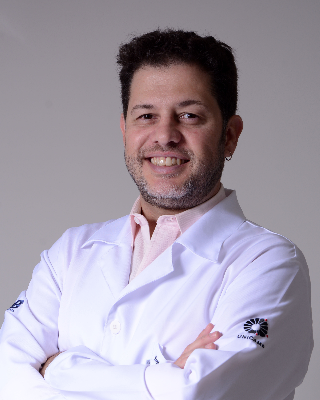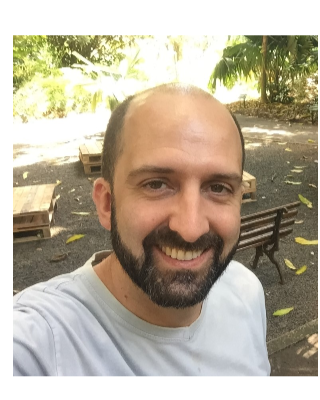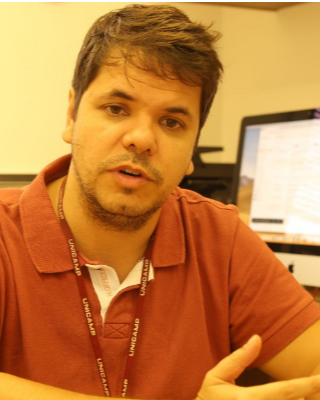Agenda IB

Murilo Vieira Geraldo
urrently focused on the investigation of the impact of non-coding RNAs, mainly microRNAs and long non coding RNAs, on the modulation of key signaling pathways and its contribution for development of cancer and human infertility, through the use of large scale platforms of gene expression, computational approaches and in vitro and in vivo functional analysis.

Martin Francisco Pareja Piaggio
My research focusses on how plant traits affect the interactions between plants and insects. I am particularly interested in how plant traits change after interactions with herbivores and how these changes can influence the structure of natural and agricultural communities.

Jose Luiz Proenca Modena
Since 2015, José is professor in the Department of Genetics, Evolution, Microbiology and Imunology, Institute of Biology at University of Campinas (Unicamp). Currently, he heads a Laboratory of Emerging Viruses (LEVE) where he is conducting researches about pathogenesis of Oropouche virus (OROV), Zika virus (ZIKV), Chikungunya virus (CHIKV) and the recently discovered new Coronavirus (SARS-CoV-2).